Dinorah Marquez uses violin to help Latino youth connect with their roots
Woman uses violin to help immigrant students connect with their roots
Woman uses violin to help immigrant students connect with their roots
MILWAUKEE -
MILWAUKEE -- The violin is an instrument with a rich history. At the United Community Center on Milwaukee’s south side, it can be found in the hands of young people, eager to learn it. At the head of the classroom is Dinorah Marquez.
Marquez is the founder and director of the Latino Arts Strings Program in Milwaukee. Her passion for teaching is evident during each lesson. She speaks English and Spanish -- sometimes both, and other times, a musical language all her own. She believes the violin creates more than music.
"My original thought was...music saves lives. It saved my life," said Marquez.
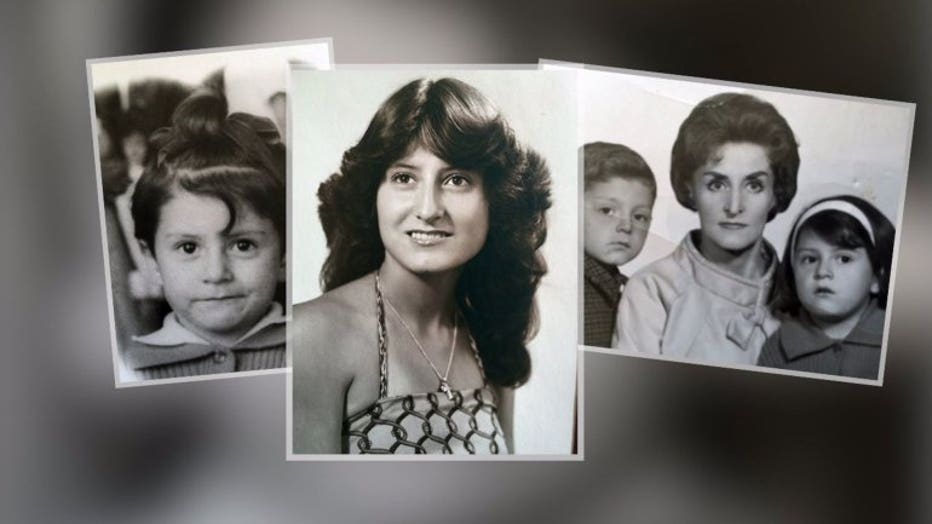
Marquez was born in Mexico and immigrated to the United States at age 10. It wasn't easy.
"There was a lot of violence in my family, so, you know, I have a lot going against me. I couldn't speak the language, and at home, things are bad," said Marquez.
Everything changed when she picked up the violin.
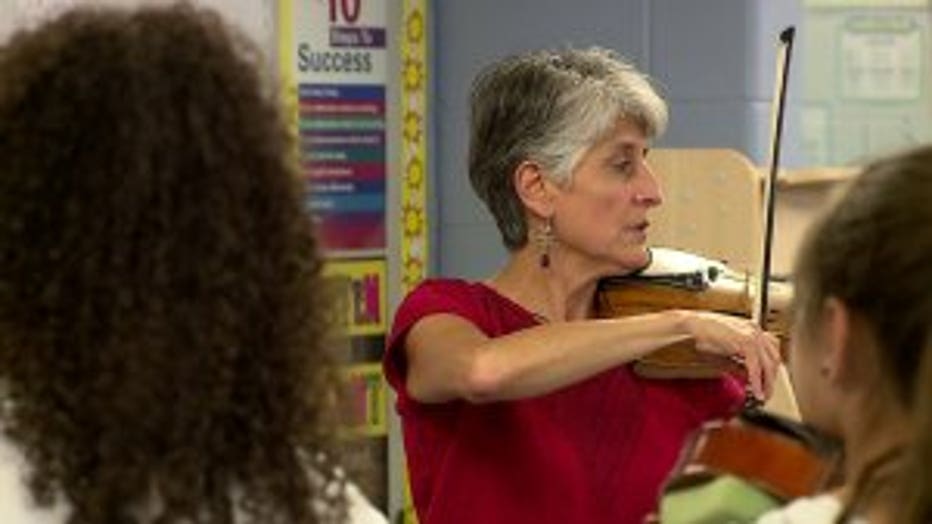
"I had a voice. I was really into it. I worked hard at it," said Marquez.
It was her calling when she came to the United Community Center.
"I also saw a great population of immigrant or children of immigrants -- Latino youth who, we all know, have tons of talent, but it was untapped musically," said Marquez.
She started the Latino Arts Strings Program in 2002. It's grown from a couple dozen students to over 200!
"The idea was to establish a program that would give low-income Latino youth the opportunity to seriously study a string instrument," said Marquez.
The program depends on donations. Students enrolled are on a scholarship. Marquez said limited funds make it hard to pick out the applicants, so she uses a lottery system -- and draws names out of a hat.
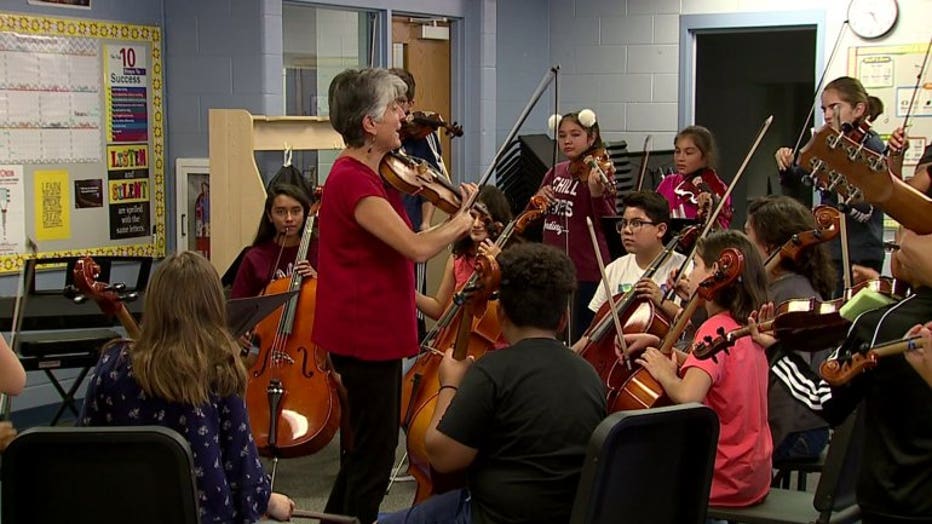
"Because it's based on lottery, I didn't get in right away," said Elizabeth Avalos, 21, program intern.
Avalos said the violin changed the course of her life.
"Even as young as first grade, I noticed academically how much it helped me. I just feel it opened up a whole other world for me," said Avalos.
She said it was a game-changer to have a teacher she could relate to.
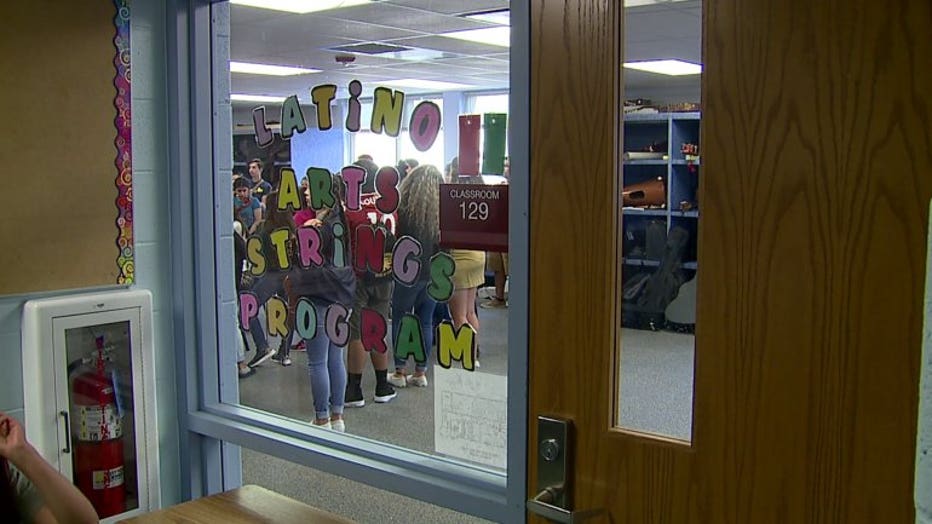
"Back in those days, a teacher who shared your culture, possibly your same stories -- that was really impactful," said Avalos.
It’s an experience they share with others at performances like Mexican Fiesta. It’s in moments like these that Marquez said she feels her students develop a deeper connection with their roots.
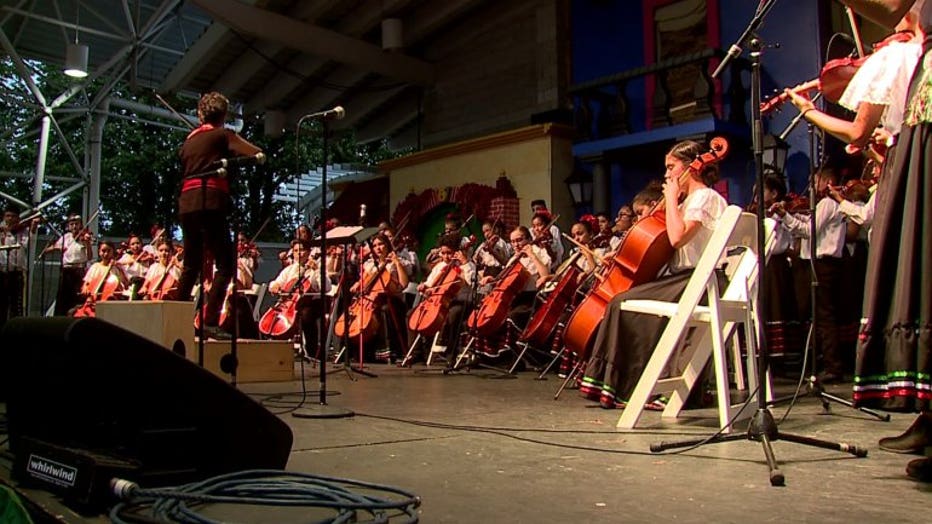
"Being a Mexican, being a Latina, to me it was really important that our students needed to know where they came from and they needed to know where they come from -- is extremely rich," said Marquez.
Rich like the history of the very strings they play -- captivating audiences while learning more about themselves.
"Kids come to know who they are and they walk out of here with a very strong sense of self identity," said Marquez.
Because in the right hands, the violin can truly be an instrument of change.
Marquez said students that don't get into the program right away are re-directed toward other musical opportunities in the community to make sure their interest in the arts stays alive.

